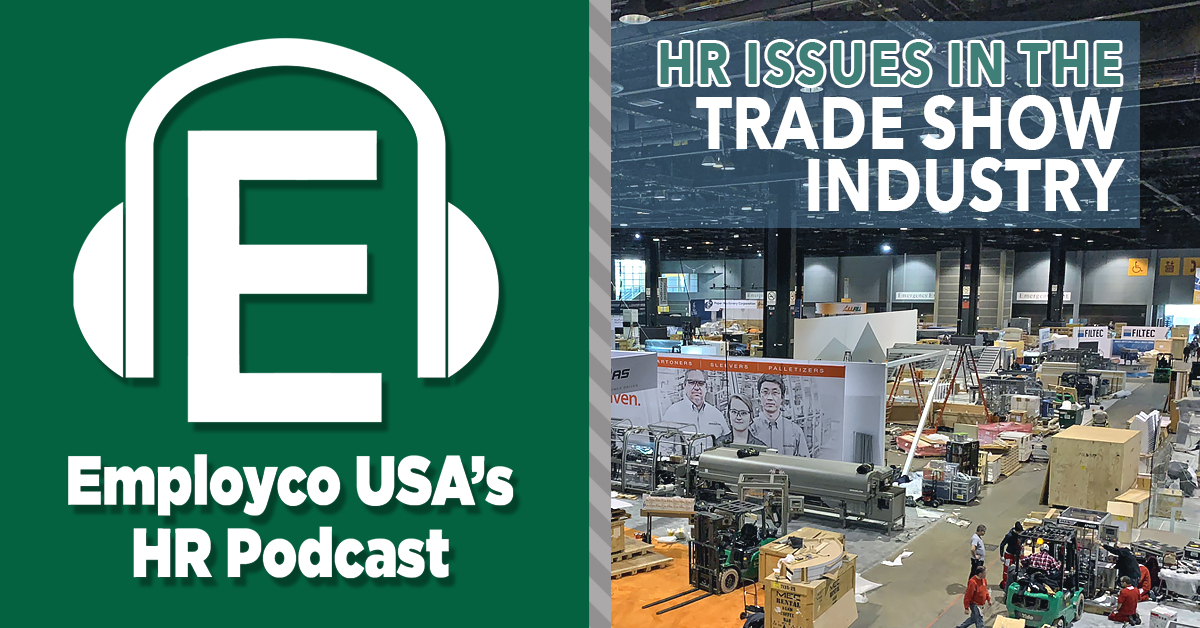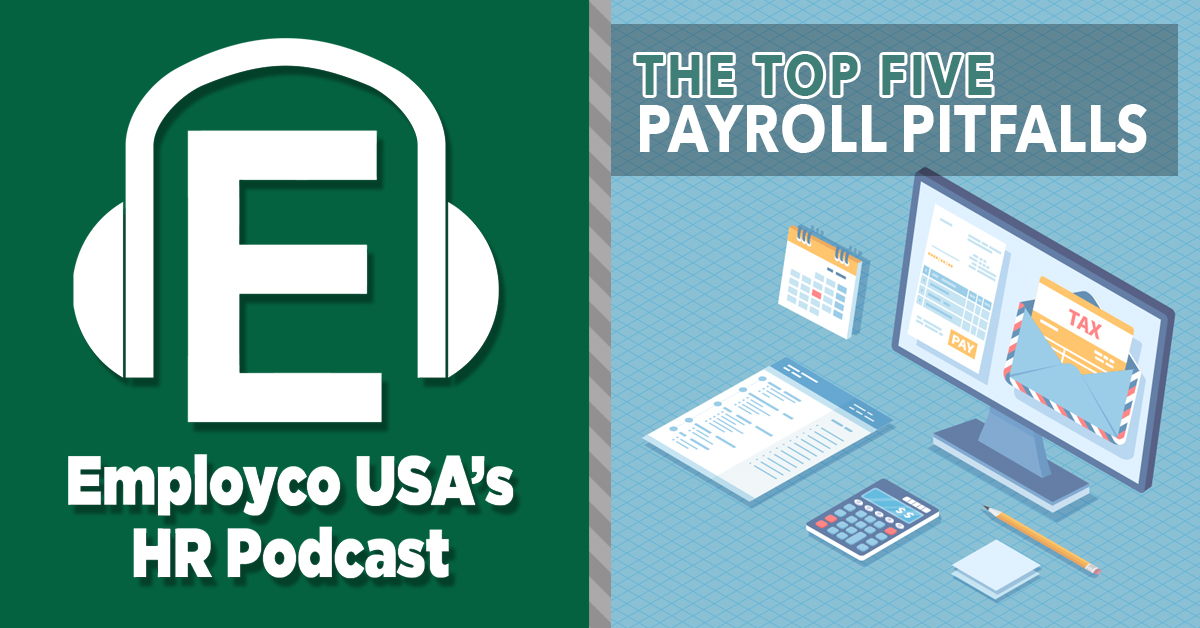Employment trends expert reveals sexual harassment training requirements in the upcoming year
 After shocking crimes of sexual assault came to light thanks to the #MeToo movement, many employers have been inspired to rededicate themselves to making their workplaces safer and more equitable for men and women. But, starting January 1, 2020, new changes to sexual harassment policies will require all companies to pay closer attention to this very important issue.
After shocking crimes of sexual assault came to light thanks to the #MeToo movement, many employers have been inspired to rededicate themselves to making their workplaces safer and more equitable for men and women. But, starting January 1, 2020, new changes to sexual harassment policies will require all companies to pay closer attention to this very important issue.
“We are finally starting to see people take sexual harassment in the workplace more seriously, and the new regulations coming into effect in 2020 reflect that,” says Rob Wilson, President of Employco USA and human resources expert. “These regulations will vary from state to state and will be dependent upon the size of your company and the number of employees you have, but there are several things that employers need to know.”
For Illinois employers, Wilson points to Public Act 101-0221 (the “Act”) which was created to strengthen sexual harassment policies in the workplace and ensure that all employees are better protected from sexual impropriety and predation.
“Workers in Illinois will now be afforded greater protection under the Act, which includes language that prohibits sexual harassment between employees even when it occurs outside the workplace or online,” says Wilson. “It will also offer greater protection for contract employees and freelance workers, as opposed to only protecting salaried and hourly employees.”
 Employers in Illinois will be required to make changes to their hiring practices in the near future. Starting
Employers in Illinois will be required to make changes to their hiring practices in the near future. Starting  Aside from understanding the zero-tolerance expectation, employees also need to know what to do when violence occurs in the workplace. “What are your emergency guidelines? You’ve got an employee handbook. You probably have fire drills, tornado drills — what happens in that type of emergency?” Employco USA President and Employment Expert Rob Wilson said. And what happens when someone fires a gun in the workplace, he asked: “What are your security protocols? Where do people go? Who contacts emergency services?”
Aside from understanding the zero-tolerance expectation, employees also need to know what to do when violence occurs in the workplace. “What are your emergency guidelines? You’ve got an employee handbook. You probably have fire drills, tornado drills — what happens in that type of emergency?” Employco USA President and Employment Expert Rob Wilson said. And what happens when someone fires a gun in the workplace, he asked: “What are your security protocols? Where do people go? Who contacts emergency services?”
 In an effort to establish
In an effort to establish  Another tragic outbreak of mass shootings has left many Americans reeling. As people struggle to cope with the aftermath of this senseless violence, it is important for employers to ensure that their workplaces feel safe and supportive for all workers. Rob Wilson, employment expert and President of Employco USA, says “One in seven Americans say they don’t feel safe at work. But the good news is that small steps can help to build feelings of security and community in your workplace.”
Another tragic outbreak of mass shootings has left many Americans reeling. As people struggle to cope with the aftermath of this senseless violence, it is important for employers to ensure that their workplaces feel safe and supportive for all workers. Rob Wilson, employment expert and President of Employco USA, says “One in seven Americans say they don’t feel safe at work. But the good news is that small steps can help to build feelings of security and community in your workplace.”
 The data breach at Capital One is a global security crisis that has impacted millions of people. Sadly, breaches like these are only becoming more common, and employers have a responsibility to protect their employees and their clients.
The data breach at Capital One is a global security crisis that has impacted millions of people. Sadly, breaches like these are only becoming more common, and employers have a responsibility to protect their employees and their clients. Payroll errors cost your company more than just time and money, they also gravely harm the trust between you and your employees.
Payroll errors cost your company more than just time and money, they also gravely harm the trust between you and your employees.
 A
A